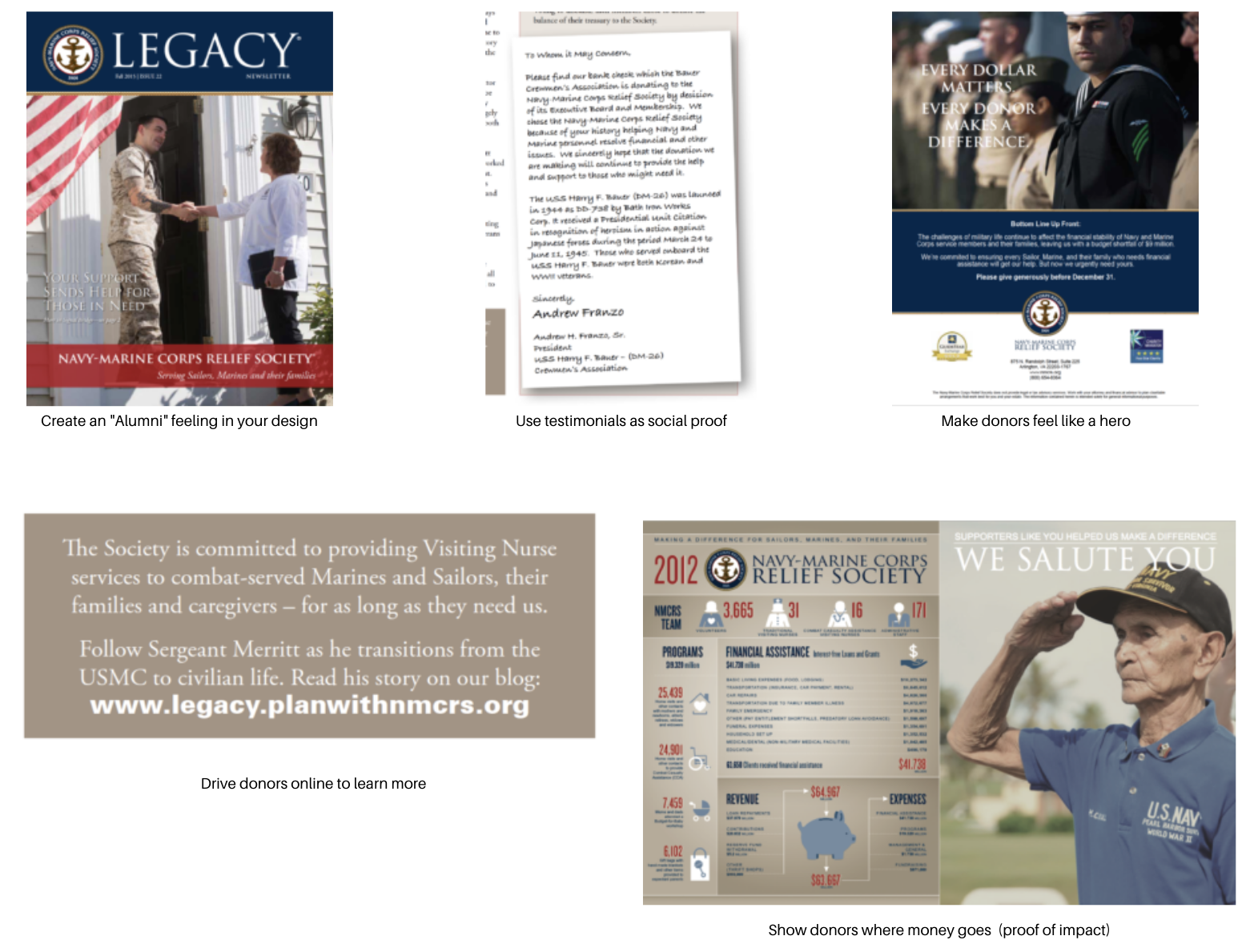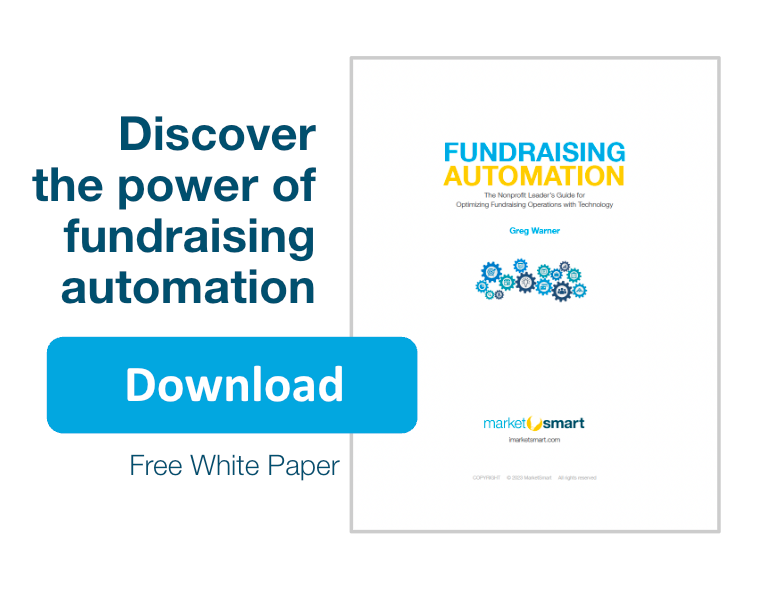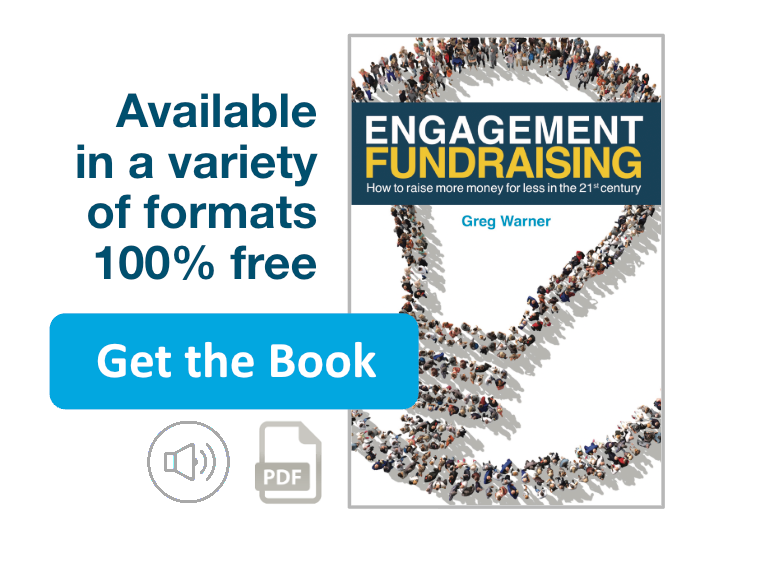When it comes to legacy gifts, most fundraisers spend too much time focused on uncovering hidden gifts or closing more of them.
Sure, it’s important to find out who planned a secret gift and to inspire donors to make them. But, believe it or not, closing these kinds of gifts is just the beginning of the fundraising process, not the end. That’s because most legacy gifts are revocable and many people change their plans near the end of their lives. In other words, the trick is to make sure your supporters never change their minds.
Don’t just send ’em a pin!
Now that you know they’ve planned the ultimate gift for your organization, it’s imperative that you steward the relationship in a meaningful way for the rest of their lives.
Here are my best practices for you to consider employing in your communications:
- Survey them! – There’s simply no better way to cost-effectively conduct donor discovery.
- Prioritize them. – You only have so much time and since 80% of your legacy gift dollars will come from 20% of your legacy society members, you must determine who has the capacity to give more.
- Be relevant. – Now that you understand them (thanks to the survey), you should use the information they gave you about why they planned their gift, their interests and their passions so you can send them communications that matter to them, not you.
- Personalize everything. – Use their names and spell them correctly! It’s just plain nice to do so and you owe them that courtesy.
- Create an Alumni feeling. – “You are part of a special club and you are special because you’re in it.”
- Include testimonials. – Social proof is powerful. Don’t forget that!
- Drive them online. – Digital communications are cheap!
- Make them feel like a hero. – “You are amazing because you have planned an amazing gift that will help others in the future.”
- Prove impact. – “Here’s where your money goes (and will go).”
- Include conversion opportunities. – Make it easy for them to contact you (give them your direct phone number or email, not info@), sign-up for volunteer opportunities, and learn about and consider ways they can add to the gift they’ve already planned.
- Finally, for goodness sake… call and visit them! Especially the ones with the most capacity. Many donors leave several organizations in their wills. If you don’t visit them, another probably will. Then the gift for your organization might disappear!

Related Posts:
>>Do you care more about your legacy society than the donors in it?
>>NEWS FLASH: Most of your supporters don’t really want to be in your legacy society





Greg,
Just added this to the Want to Know More section of a lesson about planned giving in one of the courses that I teach.
Sophie
Hooray! Thanks Sophie.
Let me know if you want more depth on the subject.
Most research I’ve seen indicates the Mature generation prefers offline communication. These are folks +71 years of age. What does your research indicate?
Thanks
Ha! 🙂
I’m always skeptical of research that asks people what they prefer.
I’ve seen research that says pretty much everyone hates junk mail asking them for donations. Yet direct mail response rates still drive charitable giving.
Send me that ‘research’ when you have a chance. I’d love to poke holes in it.
Plus, I’m curious since I know you spend a lot of time online. Are you in the “mature” generation? You went to college in the 60’s, right?
Awwww…. thanks Katherine. Happy New Year.
Hi Greg,
Great post but I wonder if you can elaborate on your statement where you say: “That’s because most legacy gifts are irrevocable and many people change their plans near the end of their lives”.
In my experience, pretty much all legacy gifts (mainly gifts in Wills) are revocable. How do you figure they are not or are you referring to other PG? In terms of gifts in Wills, I agree that many people change their plans near the end.
Thanks.
Great catch Ligia. I meant to say ‘revocable’. Whoops!